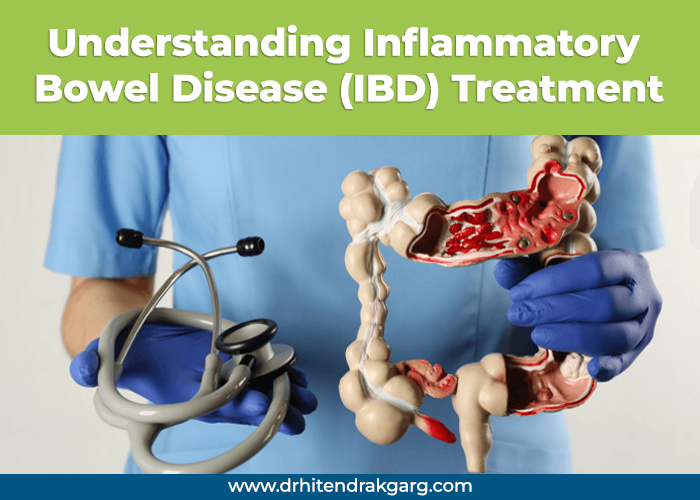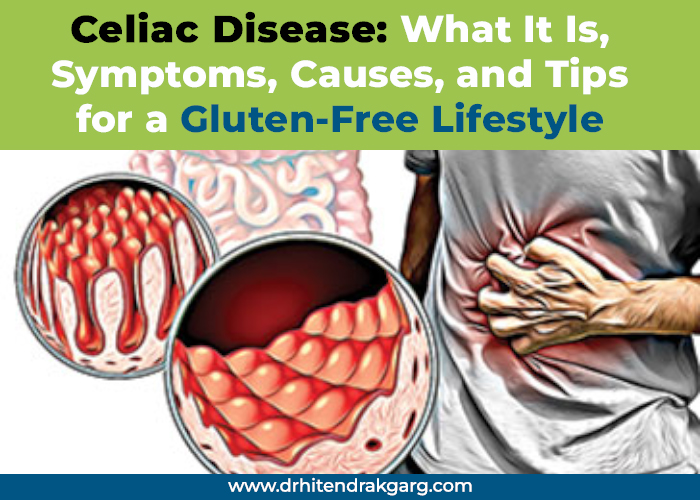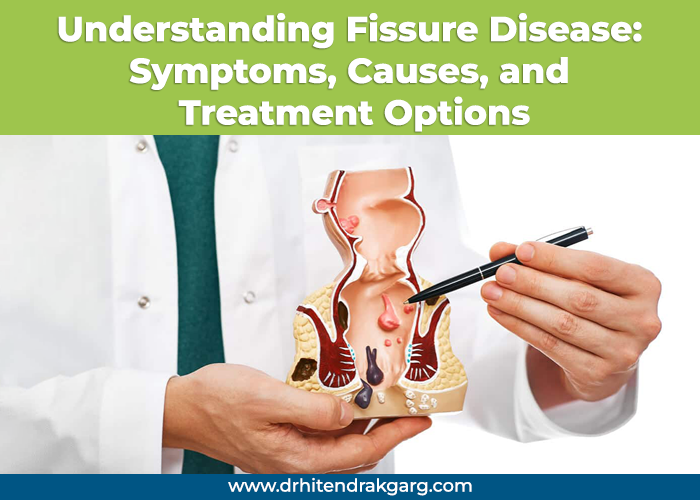Inflammatory Bowel Disease (IBD) is a chronic disease in which inflammation of the digestive tract, usually in the form of the gastrointestinal (GI) tract, occurs. The two main categories of IBD are Crohn's disease and ulcerative colitis. While the specific cause of IBD remains a mystery, it is currently thought to be a result of a mixture of genetics, environment, and immune function. Treating IBD means more than just decreasing the inflammation symptoms, but also improving the patient’s quality of life.
Chronic IBD (Inflammatory Bowel Disease) is characterized by inflammation of the digestive tract that can lead to complications like Crohn's disease and ulcerative colitis. Hereditary and environmental factors, as well as immune system impairments, may play a role in the development of the condition. IBD's treatment approach involves addressing the symptoms and improving the quality of life.
Understanding IBD Treatment:
The course of treatment for IBD usually involves prescription drugs, lifestyle adjustments such as dietary modifications, and, in some cases, surgery. The objective of the treatment is long-term remission, alleviation of symptoms, and a complication-free state.
Medication:
Medications have an important part in the treatment of these diseases because they decrease inflammation and the activity of the immune response. The drugs that are prescribed will differ depending on the type of disease and its severity, and the specific patient.
Lifestyle Modifications:
To complement medication, it is also essential to make several lifestyle changes to control IBD and improve overall health. These may include:
Dietary modifications: For some with IBD it is the case that certain foods can bring on symptoms or they cause inflammation. A food journal and dietitian sessions can be used to determine and avoid trigger foods.
Stress management: The stress worsens the IBD symptoms. Hence, trying to relax using relaxation techniques, exercise, and therapy is helpful.
Regular exercise: Studies show that exercise can reduce the levels of inflammation in people with IBD and, as a result, ease their symptoms. On the one hand, it supports the body to stay at the right weight and decreases the stress level on the other.
Smoking cessation: Smoking constitutes a risk factor for Crohn's disease and is often a very serious problem for people suffering from IBD. Stopping to smoke can certainly improve chances of success.
Conclusion:Inflammatory Bowel Disease (IBD) is a complex condition that requires a multifaceted approach to treatment. By working closely with healthcare providers, following a personalized treatment plan, and making lifestyle modifications, individuals with IBD can effectively manage their symptoms and improve their quality of life.





